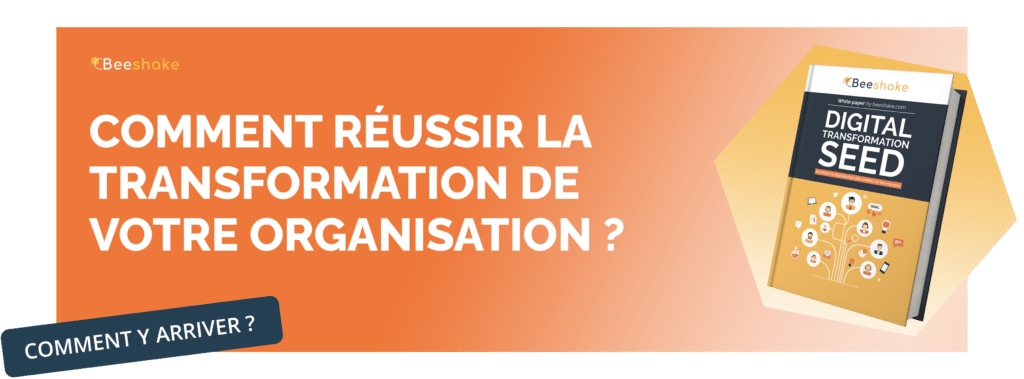Skills are changing, and as digital transformation advances, the war for talent is raging. To win it, skills transformation will be the key. Indeed, it is no longer enough to recruit talent with this or that skill. What matters is the agility, adaptability and commitment of employees.
It is therefore essential to give them the opportunity to evolve their jobs, to regain added value. An article from IT Pro Portal explains that employees must have access to digital, flexible and continuous training.
In this way, your company becomes a learning company, you prepare your employees for the jobs of tomorrow, and you encourage innovation in your company!
[READ ALSO: Digital for the learning company].
READ ALSO: How to implement a learning company culture]
Why digital transformation is a transformation of skills
The digital transformation is raising the stakes around robotics and artificial intelligence, which are turning our businesses upside down. Indeed, robotics will take over a number of tasks that can be automated. Employees therefore need to be reassured of their added value in the company.
The transformation of skills allows for this reassurance. But it must be flexible: it is less a question of taking employees to new, specific skills than of making them more agile, more learners. According to a report published by Dell, 85% of the jobs that will exist in 2030 have not yet been invented. So we don't know exactly where we're going!
The transformation of skills will not happen by itself. It is up to leaders to prepare the ground for greater agility. The keys to preparing the ground? Continuous training,peer-to-peer learning, but also the implementation of feedback tools andcollaborative innovation. Because if they learn continuously and from each other, if they give feedback and propose ideas, employees will find their added value in the company.
Skills transformation: culture and technology
To achieve skills transformation, it is essential to put in place the right tools, i.e. those that will encourage a change in culture. Every employee must have access to modern, intuitive and well-designed learning tools.
The proposed training content must also be personalized, as each employee has different needs and learning styles. Finally, your tool must managecollective intelligence. Because relevant learning in the era of digital transformation is both top-down and peer-to-peer.
Beware: to transform a culture, modern and collaborative learning is necessary, but not sufficient. It is necessary to give meaning to the learning culture. And the meaning of the learning company is innovation. All employees need to be aware that continuous learning is put in place to enable the evolution of skills and the release of ideas.
[READ ALSO: Innovation, the goal of the company's digital transformation]
What are the benefits for companies and employees?
Competency transformation enables companies and employees to adapt quickly to market changes and new technologies. Everyone develops new skills that lead to innovation and the creation of new products and services
Being in constant evolution, employees are then more productive and efficient, which can considerably improve the company's performance. It is in the collective intelligence that employees will share, co-construct and therefore increase their job satisfaction.
Businesses are more competitive and thrive in a constantly changing world. They then have a skilled and knowledgeable workforce and
